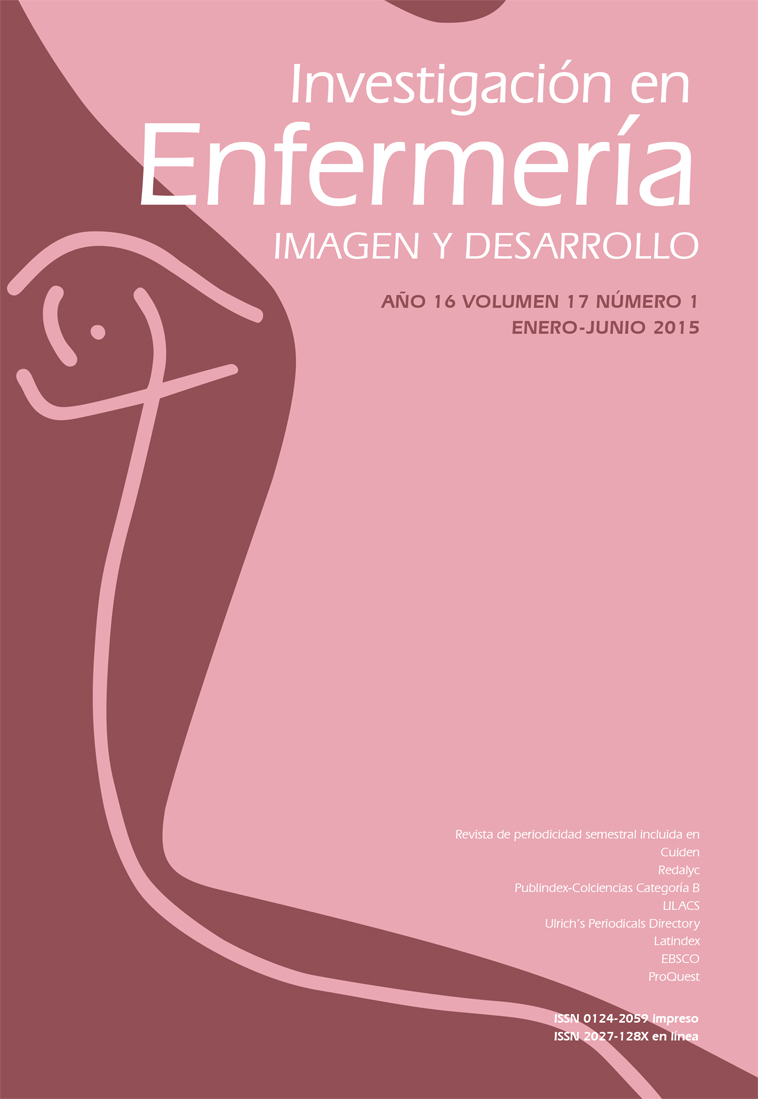Abstract
Introduction: This article is an integrative review of the literature, which aims toidentify the status of the issue of stigma perceived by patients with lung cancerand the instruments used for this evaluation. Methods: The sample consisted of 11items found through database analysis of the medical literature and online retrieval:Medline, Cumulative Index to Nursing and significance level (CINAHL), PsycINFOand Scopus, using combinations of descriptors: stigma AND (lung neoplasm OR lungcancer).The search was conducted between September and October 2013. Results:The country with the highest number of publications was the United States (72.7%),and there was no Brazilian study. The publications were produced between 2004and 2013, especially in 2013 (45.4%), indicating the importance of the topic. Fourinstruments to assess stigma were used, with the Cataldo Lung Cancer Stigma Scale(CLCSS) the only specific to lung cancer. The most significant findings were: patientswith lung cancer feel stigmatized, regardless of being a smoker or not, they feel moreguilty, ashamed and anxious than other patients with other cancers and there is astrong association between stigma and depression and impaired quality of life. Conclusion:The studies in this field are recent, few and no study in a Brazilian sample.The journal Investigación en Enfermería: Imagen y Desarrollo is registered under a Creative Commons Attribution 4.0 International Public License. Thus, this work may be reproduced, distributed, and publicly shared in digital format, as long as the names of the authors and Pontificia Universidad Javeriana are acknowledged. Others are allowed to quote, adapt, transform, auto-archive, republish, and create based on this material, for any purpose (even commercial ones), provided the authorship is duly acknowledged, a link to the original work is provided, and it is specified if changes have been made. Pontificia Universidad Javeriana does not hold the rights of published works and the authors are solely responsible for the contents of their works; they keep the moral, intellectual, privacy, and publicity rights.
Approving the intervention of the work (review, copy-editing, translation, layout) and the following outreach, are granted through an use license and not through an assignment of rights. This means the journal and Pontificia Universidad Javeriana cannot be held responsible for any ethical malpractice by the authors. As a consequence of the protection granted by the use license, the journal is not required to publish recantations or modify information already published, unless the errata stems from the editorial management process. Publishing contents in this journal does not generate royalties for contributors.


